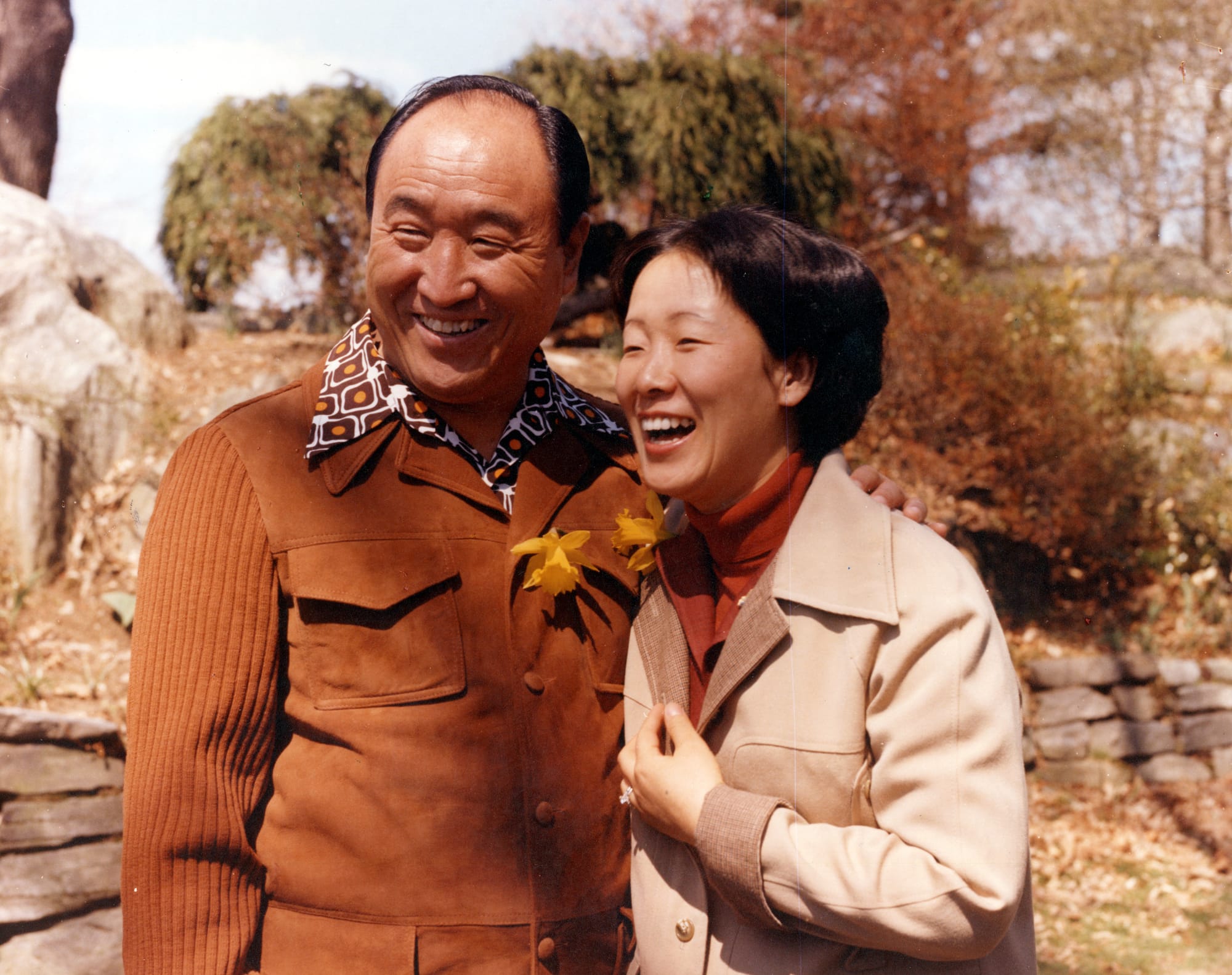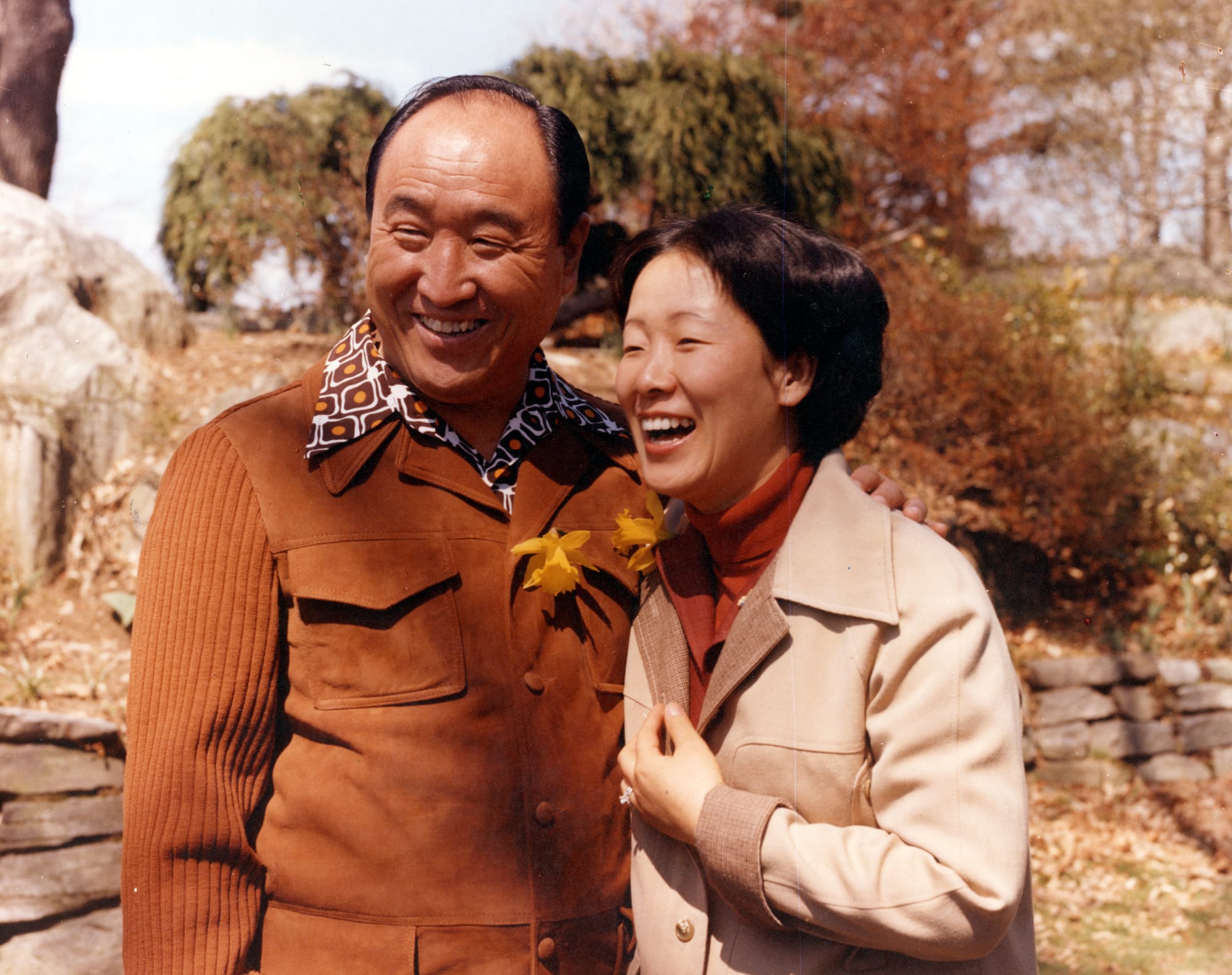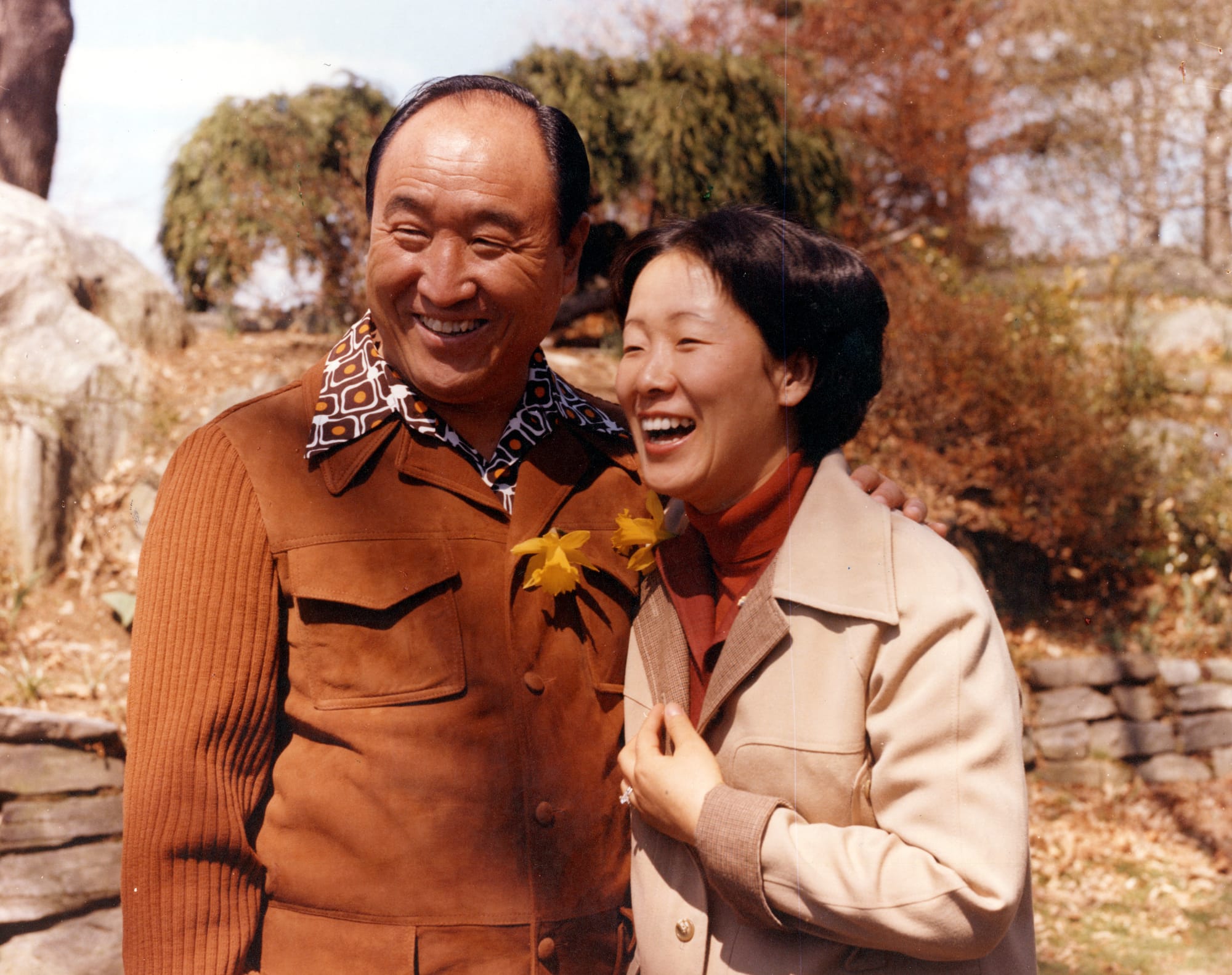For any venture to succeed, it must begin well. The Oriental proverb, “Well begun is half done,” describes the theme of the passages in this section. A good beginning means, firstly, internal preparation.
We should purify our heart, steel ourselves with firm resolution, and be clear about our philosophy and methods of proper action. Then we should take the measure of the task and gather sufficient resources to surmount the obstacles in our path.
This is practical advice, but it applies especially to the spiritual aspirant. Those who regard life lightly and frivolously are liable to fall into straits worse than when they started.
Father Moon teaches that to become a person of significance, someone who makes a difference in the world, we need to prepare well. Without fixing our purpose, our life becomes ordinary and of no consequence, and without setting our determination and preparing a foundation of self-discipline, we are liable to be defeated by the challenges that await us.
He provides the example of his own life, describing the preparations he made to take on the entire corrupt world-system.

Prepare Yourself for Life’s Challenges
The superior man does not embark upon any affair until he has carefully planned the start. I Ching 6: Conflict (Confucianism)
Success is the result of foresight and resolution; foresight depends upon deep thinking and planning to keep your secrets to yourself. Nahjul Balagha, Saying 46 (Shiite Islam)
Check the edge of the axe before splitting wood. Njak Proverb (African Traditional Religions) The superior man gathers his weapons together in order to provide against the unforeseen. I Ching 45: Gathering Together (Confucianism)
For which of you, desiring to build a tower, does not first sit down and count the cost, whether he has enough to complete it?
Otherwise, when he has laid a foundation and is not able to finish, all who see it begin to mock him, saying, “This man began to build, and was not able to finish.” Or what king, going to encounter another king in war, will not sit down first and take counsel whether he is able with ten thousand to meet him who comes against him with twenty thousand? Luke 14.28-31
Put on the whole armor of God, that you may be able to stand against the wiles of the devil… that you may be able to withstand the evil day. Ephesians 6.10, 13
He who wants to expand the field of happiness, let him lay the foundation of it on the bottom of his heart. Tract of the Quiet Way (Taoism)
Do you not know that in a race all the runners compete, but only one receives the prize? So run that you may obtain it. Every athlete exercises self-control in all things. They do it to receive a perishable wreath, but we an imperishable.
Well, I do not run aimlessly, I do not box as one beating the air; but I pommel my body and subdue it, lest after preaching to others I myself should be disqualified. 1 Corinthians 9.24-27
A ship, which is not well prepared, in the ocean goes to destruction, together with its goods and merchants. But when a ship is well prepared and well joined together, then it does not break up, and all the goods get to the other shore. Just so a bodhisattva, exalted in faith, but deficient in wisdom, swiftly comes to a failure in enlightenment.
But when he is well joined to wisdom, the foremost perfection, he experiences, unharmed and uninjured, the enlightenment of the Jinas. Verses on the Perfection of Wisdom which is the Storehouse of Precious Virtues 14.7-8 (Buddhism)
Teachings of Sun Myung Moon
To overcome a crisis, you must have deep faith, plans made in detail, and the conviction to carry them out. (Way of God’s Will 3.4)
Too many people today lack any sense of responsibility. They do not set goals or plan what they will do each day, they do not plan out the year, nor do they have a plan for their life.
They just live moment by moment, doing whatever they please and grasping at whatever benefit comes their way. What will be the end result? Someday, they will hit a stone wall and be shattered into pieces. (105:11, July 8, 1979)
You should have a definite sense of what kind of work you will do by the time you reach your twenties. You should be able to say with certainty, “This is what I will do,” and fight to achieve it throughout your lifetime.
That is the only way you can become a historic person, a person who contributes something to the world. If you only try to accommodate to circumstances and simply go with the flow, you will be carried away by the current and disappear.
After determining exactly what you will do, you will need a heart bold enough to continue fighting for your goal no matter what difficulties may arise. Instead of saying you don’t like this or that, you must have the guts to digest whatever comes. (120:229, October 20, 1982)
Even if Heaven has prepared everything, it will not work unless we have prepared a corresponding foundation in our minds and bodies. (7:287, October 11, 1959)
Each morning when you go out into the fallen world, prepare your eyes, nose, ears, and every cell, even your mind, like armament ready for battle. (122:266, November 21, 1982)
To live is to compete. We cannot develop without competition. Losing a competition makes us miserable, but it can spur us to strive for the capability we need to win. To gain that capability, we need time to prepare and train… A student studies to prepare.
Especially adolescents should prepare, while carrying big dreams… By preparing intellectually, you can conquer the mental world. Then you are ready to act and utilize your well-honed capabilities to win in the competition. (Blessing and Ideal Family 7.5.5)
All of you want to be successful. How do you gain success? You have to prepare well. You should prepare with enough material that you can digest the existing world, for upon it you are to erect your own new foundation.
Your new foundation should exceed the old foundation; otherwise, you will not succeed in establishing it. This is a lesson of history. It is true in the path of our individual lives and in the life of our nation.
Look at the Unification Church: We face difficulties and persecution, yet in the midst of it all we are preparing for the future.
Today I am fighting alone against America, a superpower with a population of 240 million that is feared the world over. Yet none of its leaders know of my work; none of them help me; none is my friend. In this situation, I cannot fight blindly.
I prepare myself. I must prepare thoroughly and completely. What preparation do I need? First, I must prepare mentally to have an indomitable spirit that will never be defeated. Second, I must make more effort than anyone else in history to contribute to America’s well-being.
Third, I must make concrete preparations for specific actions. I must have a thorough and complete teaching, and then I need to strive. I cannot sit and rest with only a teaching. Having equipped myself with the truth, I must make limitless effort.
Moreover, my effort cannot be self-centered. To generate the subjectivity required to surpass the existing system will require unending struggle. The guardians of the old order are not about to welcome a new system.
Every new movement in history is tested in the crucible of conflict, where it either flourishes or perishes. I try to find a way to overcome every difficulty. I proceed regardless of the price I must pay.
It is an effort not to be absorbed by others, but to absorb them. Furthermore, I need a consistent praxis. As a religious leader, my method cannot involve violence. I work quietly. If others work eight hours a day, then I work twenty-four hours…
I cannot afford to lose! I must prepare myself, even with blood and tears. In the midst of tears, I must prepare! Though I am starving, I must prepare! Though I weep bitter tears, I must move forward!
Though I may have to sleep on the streets, I must move forward! I do not believe that Heaven’s victory is possible without making such a commitment. (133:217-226, July 19, 1984)

Taking the First Step
A big tree was once a small seed; a nine-storey building started with a basket of earth; a journey of a thousand miles begins with a first step. Tao Te Ching 64
The way of the superior man may be compared to traveling to a distant place: one must start from the nearest stage. It may also be likened to ascending a height: one must begin with the lowest step. Doctrine of the Mean 15
Teachings of Sun Myung Moon
After receiving the command of God, which foretold that He would judge the earth after 120 years, Noah did not wait around, thinking, “So what if a year has passed; there are still 119 years left.” God commands only once; it is up to each individual to commit to its great purpose. (19:237)
To achieve victory for the year, set your goals on New Year’s Day. Then equip yourself with a fighting spirit and a driving power to pursue your goals and overcome the challenges for 365 days or more. If you do not do this, you are bound to be defeated before the year is over.
If you live one year like this, and then continue in this manner, it will eventually add up to 10 years, then 20 years, 30 years—and this becomes the path of a victorious life. (31:30, April 12, 1970)
Eternity does not start when we die. It begins at the moment we come to know God’s will. Once we know it that there is a gap of even one moment, eternity will be stopped.
Therefore, in pursuit of our life of faith, if we think, “I cannot make it this year, but I will do it next year” or “I cannot go in my adolescence, but I will go in my 20s,” or “I cannot do it in my 20s, but surely I will in my 30s” or “I cannot in my 30s, but I will in my 40s” or “I cannot in my 40s, but I will in my 50s”…
If we lived our whole life like this, we would never have lived even one day in accordance with God’s Will. A person who lives like that cannot enter the Kingdom of Heaven when he dies. (37:219, December 27, 1970)





